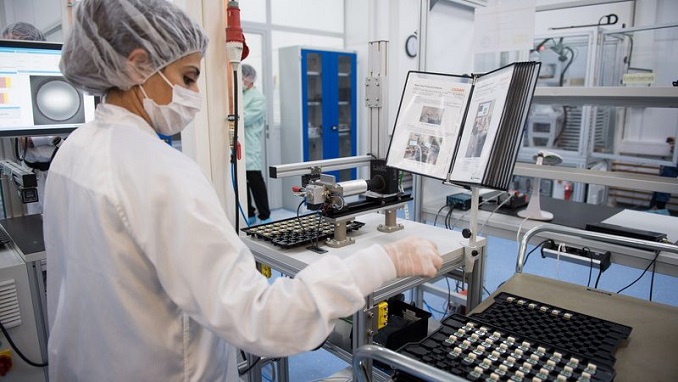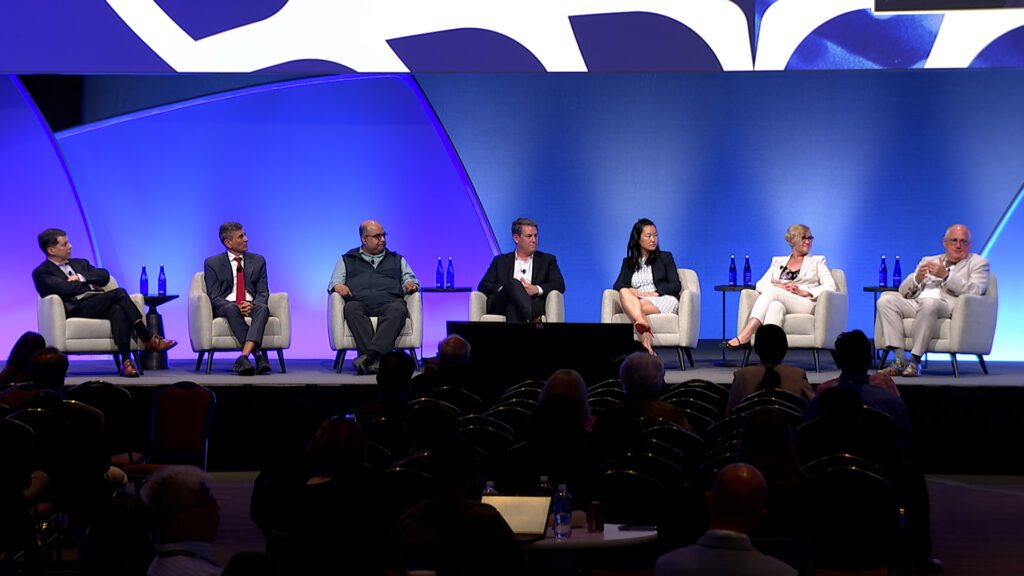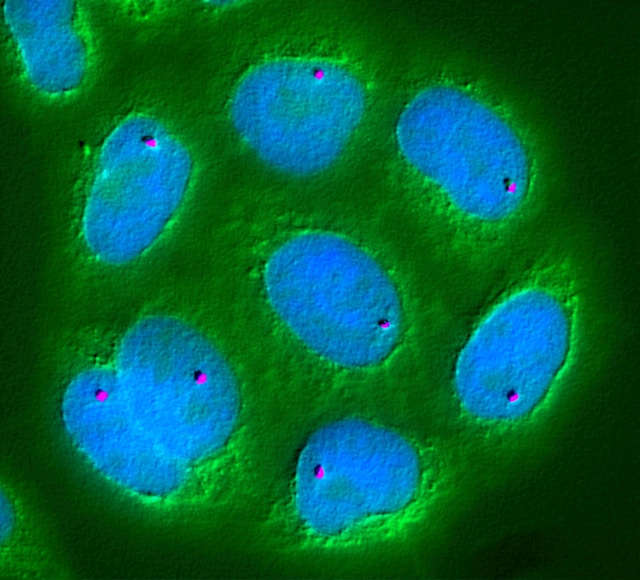The United States is a global leader in basic biotech research, but a lack of skilled workforce and roadblocks to industrialization of innovations and manufacturing at scale means that U.S. innovations often go elsewhere for commercialization, according to Nobel Laureate Dr. Frances Arnold.
Dr. Arnold was leading a group of top experts in a conversation about how to strengthen U.S. biomanufacturing as co-chair of a Nov. 29 public meeting of President Biden’s Council of Advisors on Science and Technology (PCAST).
The U.S. has an ecosystem that enables biotechnology innovation, Dr. Michelle McMurry-Heath, President and CEO of the Biotechnology Innovation Organization (BIO), told the meeting.
“This eco-system has made the United States a global leader in biotechnology that, quite frankly, has changed the world,” she said, noting the successful effort to develop COVID-19 vaccines in record time. Biotechnology is not limited to the pharmaceutical industry, as it also involves advances in agriculture and efforts to address climate change, Dr. McMurry-Heath said. She said that along with making new discoveries in these areas, America needs to benefit from these innovations by conducting the manufacturing as well.
“Here in the U.S., challenges to developing advanced biomanufacturing have included unclear regulatory pathways, large upfront costs paired with uncertain commercial viability, and the need for greater financial incentives,” said Dr. McMurry-Heath. She recommended more sophisticated regulation and efforts to incentivize investment in biomanufacturing.
Apart from the discussion on various aspects of biomanufacturing and its advancement in the U.S, participants of the PCAST meeting also discussed the federal science and technology workforce as well as the National Nanotechnology Initiative.
PCAST is an advisory group of leading U.S. scientists and engineers, appointed by the President “to augment the science and technology advice” of other Federal agencies, according to the Federal Register. The creation of this science-based body comes at a time when only 64% of Americans have a “great deal” of confidence in science, a Gallup poll showed. That’s a 6% drop compared to a 1975 poll when Gallup previously asked the question.




